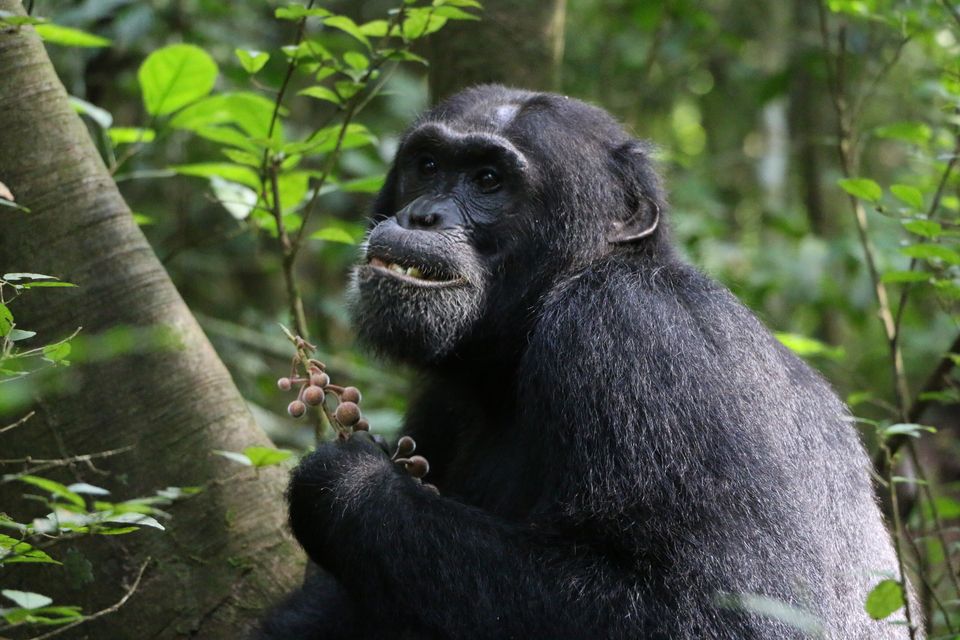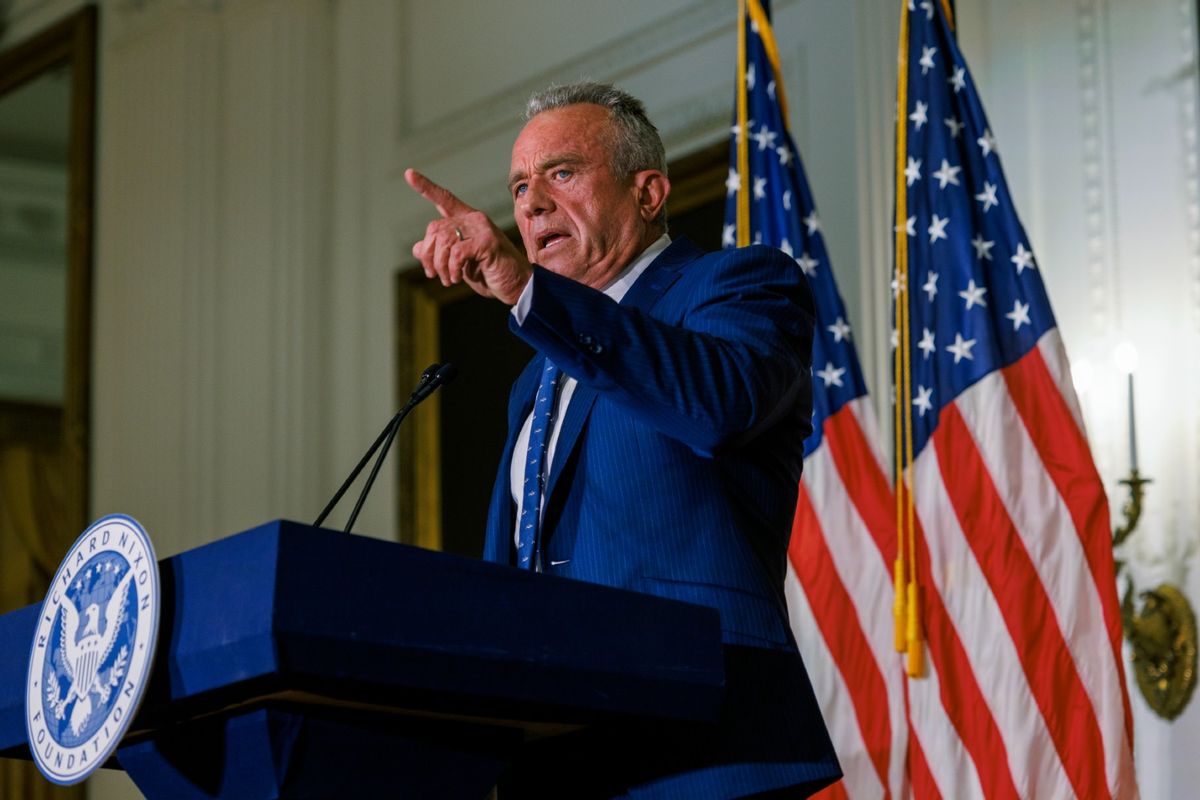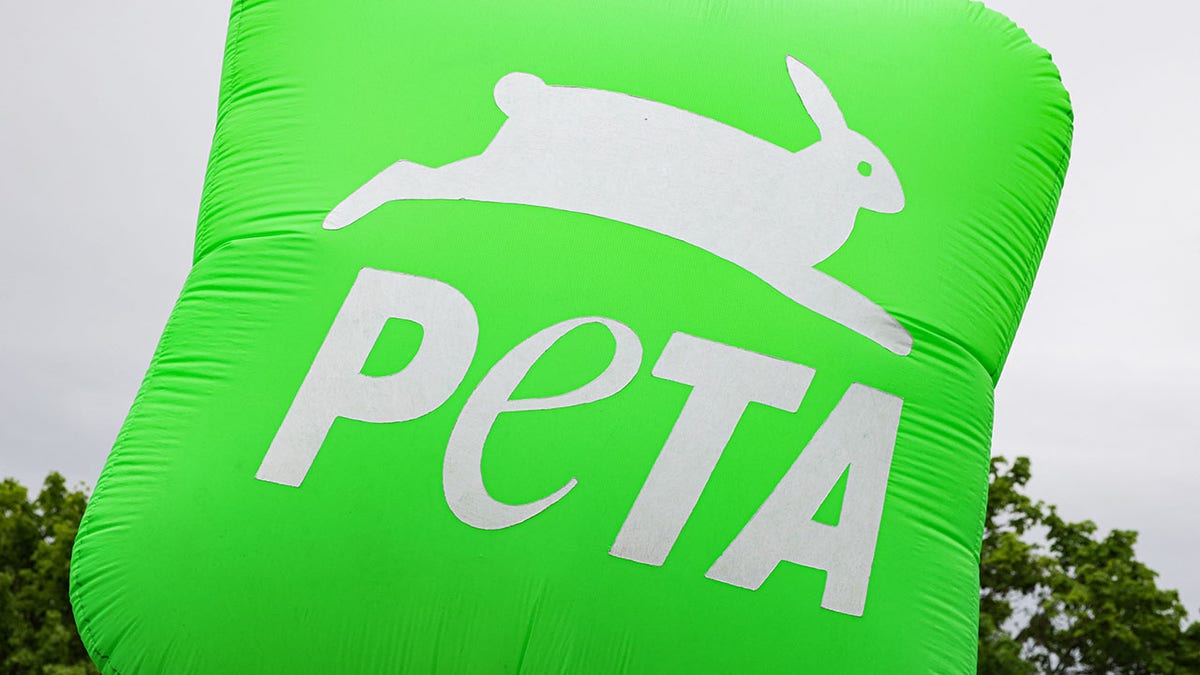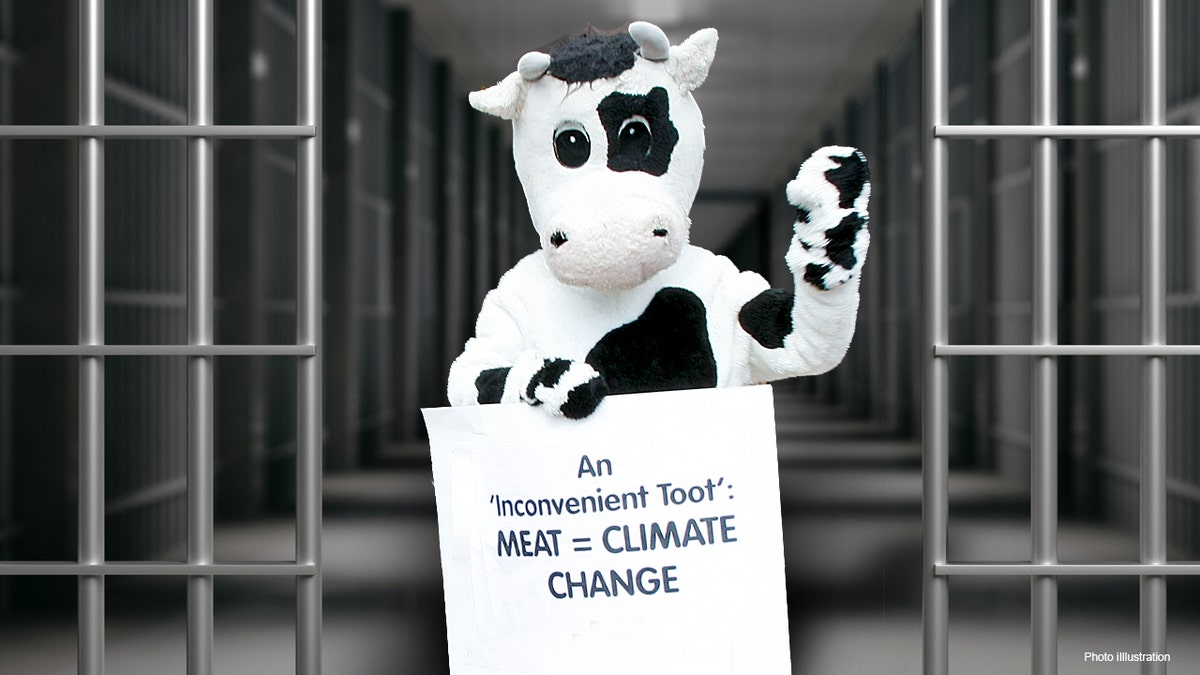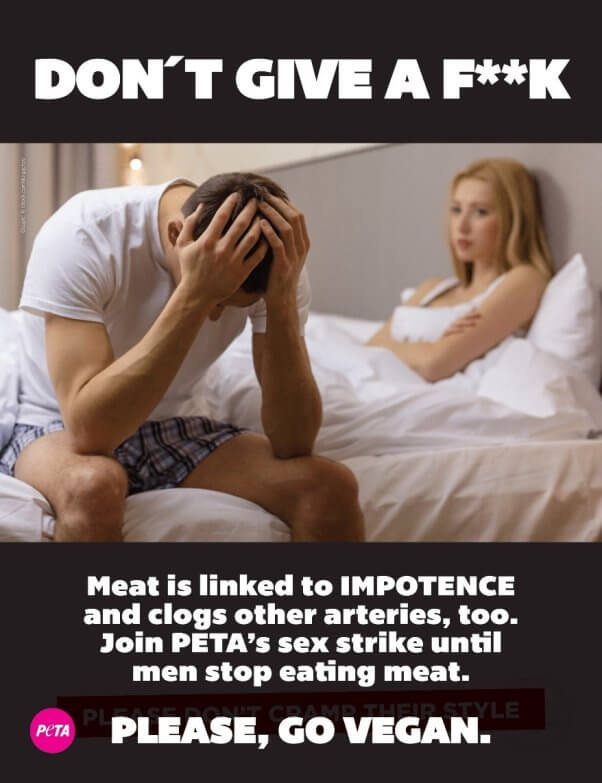
June 20, 2024
I’m therefore grateful to Progressive Britain for inviting me to write a short second blog, looking specifically at the Labour manifesto and its commitments on social mobility, which in turns add to the detailed Opportunity Mission document that Keir Starmer launched in July 2023.
Naturally, all four of the recently-released policy priorities that matter to upReach are applicable to whoever forms the next government. As I always say, as a registered charity, upReach – the social mobility organisation I am privileged to lead – is strictly neutral about party politics. But we are not neutral about policy, and we are not neutral about the need to acknowledge and address the unjust barriers to success that still face too many working class young people across the UK. We welcome the strongest possible pledges on these priorities from the leaders of any of the UK’s political parties.
In politics, the ideals that leaders believe in and the language they choose really matters, and on this the Labour manifesto does not disappoint. Reflecting Keir Starmer’s own family background and his personal passion to ‘shatter class ceilings’, the manifesto highlights this powerful statement: “Breaking the pernicious link between background and success will be a defining mission for Labour.”
The manifesto goes on to make the business case for social mobility as well as the moral argument, asserting that “we are a country where who your parents are – and how much money they have – too often counts for more than your effort and enterprise. Too many people see success as something that happens to others. This is an appalling waste of talent as well as a huge injustice.”
So far, music to my ears and to the whole social mobility sector, and these signals of intent chime with upReach’s own mission of opening up top graduate jobs to under-served and under-represented students across the UK. These words will resonate, too, with many of upReach’s Associates (the undergraduates we support into top graduate jobs) and our thousands of Alumni who are furthering their careers across the full spectrum of professions and economic sectors, often against the odds.
On a more practical note, it’s great to see Labour’s commitment to enact the socio-economic duty in the Equality Act 2010 in the manifesto; a commitment which was confirmed by Anneliese Dodds during the ‘is Labour serious about class?’ panel at the Progressive Britain conference. While this might seem like rather a wonkish point, it really matters, and it’s a shame that the Conservatives have failed to do this the past 14 years. As it says in the Opportunity Mission document, the socio-economic duty will ensure that “public bodies are required to adopt transparent and effective measures to address the inequalities that result from differences in socio-economic status. This will ensure breaking down barriers to opportunity and tackling inequality is at the heart of all our Government’s work”.
Indeed, upReach and allies like the Sutton Trust would like to see Labour go further than this if they are elected to power on July 4th. We are calling for a formal, government-led review of the Equality Act to explore whether class and socio-economic background should become an additional protected characteristic in UK law, alongside race, gender, sexuality and disability.
Success in boosting social mobility is heavily dependent on tackling deeper problems in society, such as child poverty, educational inequality and the housing crisis. Another commitment in the Labour manifesto that is therefore welcome, but might also appear wonkish, is the promise to bring in a ‘single unique identifier’ for all children. This is of immense practical importance to social justice, as it will improve information sharing between different public bodies and ensure that families receive better support. In particular, it will help to prevent vulnerable children and young people – such as those in care or at risk of neglect or exploitation – from falling through the safety net. I have the privilege of serving on the Advisory Board to the Children’s Commissioner for England, Dame Rachel de Souza, and this is a policy reform that she and her team have rightly lobbied for.
But what about the other three upReach policy priorities? We would like to see a ban on unpaid internships, and while it is disappointing this policy is not in the manifesto, we are hopeful this is Labour’s intention, and we shall certainly press them on it if they are in power. This commitment was actually made by Labour – and made eloquently – in the Opportunity Mission document: “We will ban unpaid internships outside formal education or training courses, so that those who can’t afford unpaid work aren’t locked out of opportunities from certain career pathways.”
We would also like to see a new legal duty on all employers with over 250 staff – be they public, private or third sector organisations – to gather data on, and to report publicly, the socio-economic background of their employees. There are complex overlapping issues to consider when it comes to boosting diversity, yet class cuts across all the other issues. Young people from working class backgrounds still face barriers to success that should not exist, and it is impossible to know the full extent of the problem or to track progress in tackling ‘class gaps’ in hiring, promotions and pay without this data. This regulatory tactic has helped to address the gender pay gap, and we believe the same could and should be true for these class gaps.
Finally, upReach is championing the cause of additional financial support for students from lower socio-economic backgrounds, including maintenance grants – not just adequate loans – for the most disadvantaged in England. We know from research data from the Sutton Trust and also anecdotally from the 3,000 undergraduates we support each year that students are struggling as never before, and especially those from working class backgrounds. More and more of our Associates are having to do more and more hours of paid work, in classic student jobs that are little use to their graduate job aspirations. Some students are effectively doing a full-time job alongside a full-time degree, which is unfair and unsustainable. It can damage their studies, their extra-curricular activities and their efforts to build their employment prospects; none of which challenges face their more affluent peers.
Overall, Labour’s manifesto is full of promise – even if some specific and desirable promises are absent – and should be welcomed by all those who care about breaking down class barriers and boosting social mobility, regardless of political preferences. Most of all, it offers honesty and hope; a refreshing honesty about the deep and enduring nature of class inequalities in the UK, and a credible hope that if the voters elect a Labour Government with Keir Starmer as Prime Minister then real progress can be made in breaking down those unjust barriers to success for millions of people who aren’t born to wealthy and well-connected parents.
upReach stands ready to advocate for our policy priorities, to do so in a spirit of generous collaboration with friends and allies in the social mobility sector and beyond, and to work in partnership for the common good with new Ministers and Special Advisers.

Nick Bent
Nick Bent has been CEO of upReach, the leading UK social mobility charity, since January 2023. Prior to this role, he was Co-Founder and CEO of The Tutor Trust. He is a former Special Adviser to Tessa Jowell, a former Director of the think tank Policy Network and was Labour parliamentary candidate for Warrington South in 2010 and 2015.


